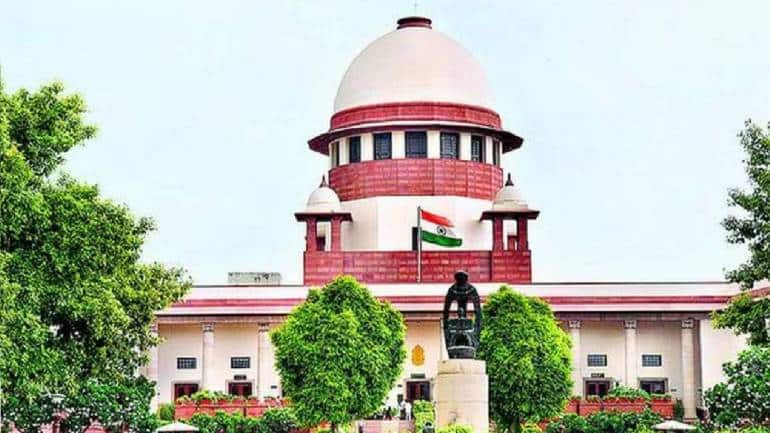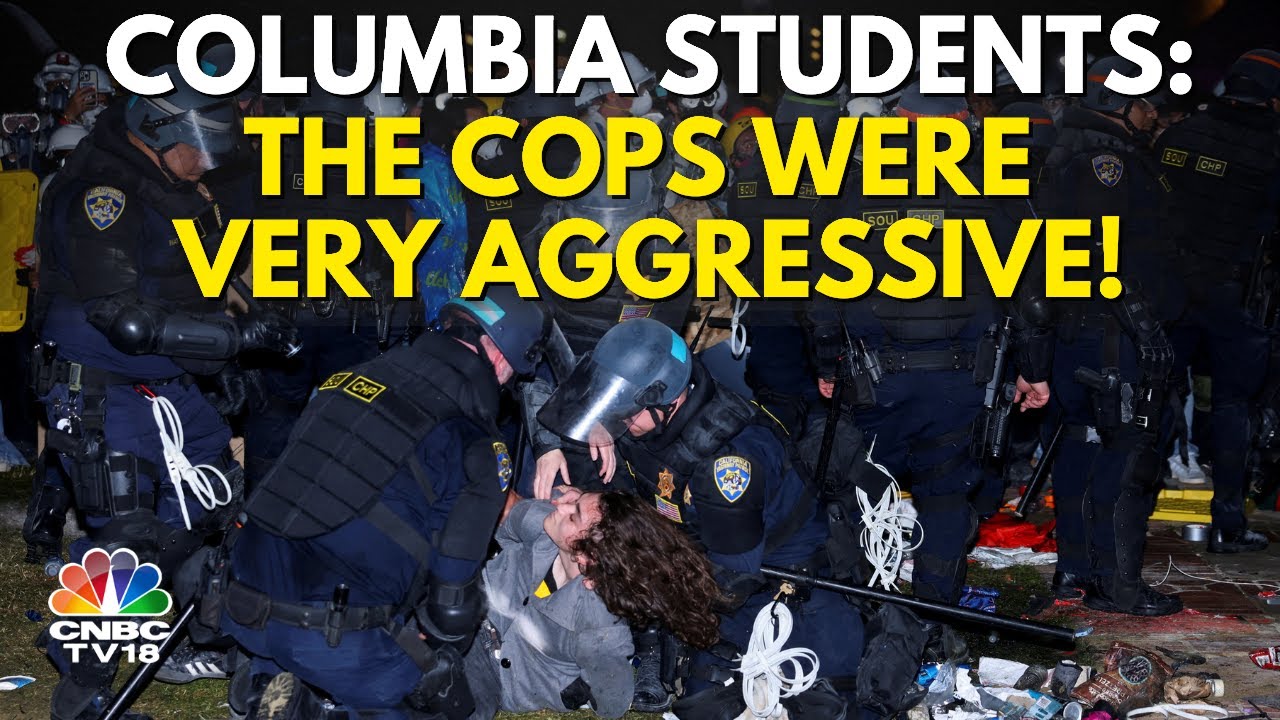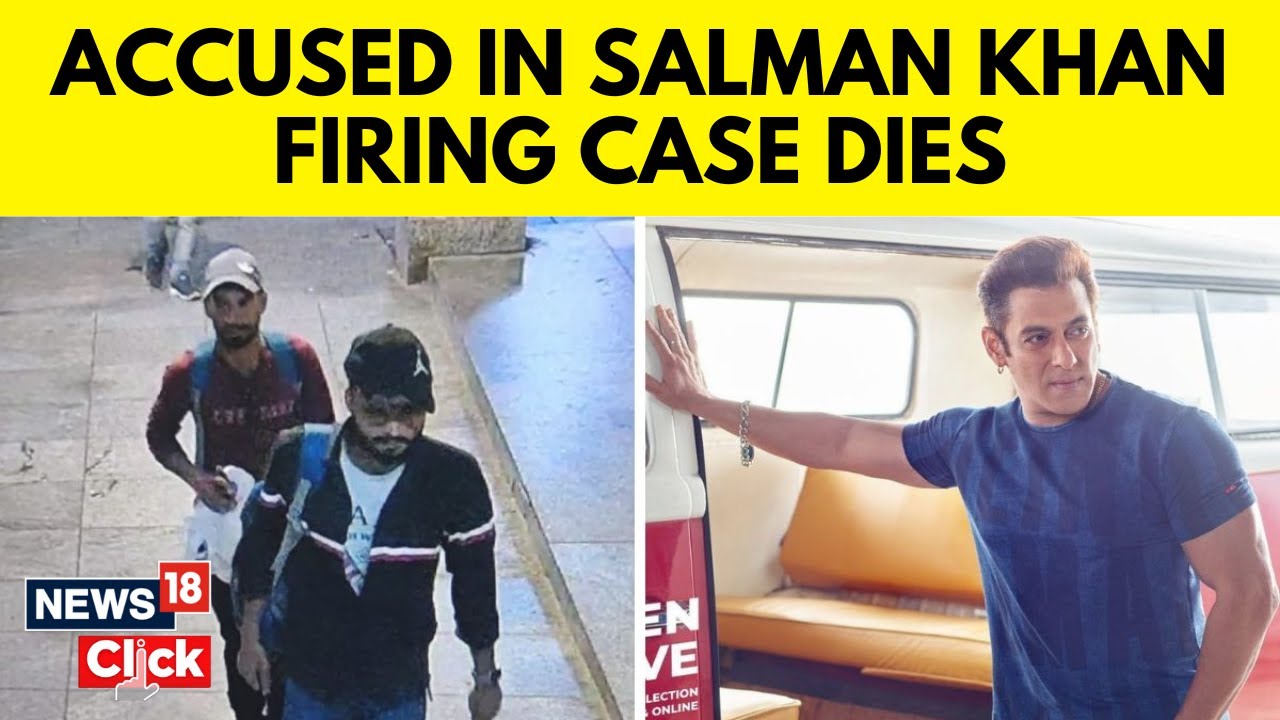
'WE CANNOT CONTROL THE ELECTIONS,' SC TELLS PETITIONERS IN EVM-VVPAT TALLY CASE
The Supreme Court on April 24 again reserved its verdict on a batch of pleas seeking complete cross-verification of votes cast using EVMs with Voter Verifiable Paper Audit Trail (VVPAT). The top court had listed the case for hearing again as it had certain queries for the Election Commission of India (ECI).
During the course of the hearing, when lawyer Prashant Bhushan raised questions on the whether or not the chips used in the EVMs are reprogrammable, SC said it cannot usurp the role of another constitutional authority and control the elections.
Justice Dipankar Dutta said "Can we issue a mandamus on the basis of a suspicion? The report you are relying on says that there is no incident of hacking yet. We are not the controlling authority of another constitutional authority. We cannot control the elections."
The court had earlier asked the Election Commission to answer its questions regarding cross-verification of the votes cast in EVMs with VVPAT. The poll officials were asked to reply to the question by 2 pm on April 24.
These were the questions: i) Is micro controller installed in the control unit or VVPAT? ii) is micro controller one time programmable ? iii) You referred to the symbol loading unit , how many of them are available? iv) EC said limitation period for filing election petition is 30 days so EVMs are kept for 30 days. However according to the representation of peoples act it is 45 days, please clarity. v) Are EVM, VVPAT, control unit are stored together or kept separately?
The ECI responded saying:
1) All three units, ballot units, vvpat and the chip.. all have their own micro controllers and these micro controllers are housed in secured place, it cannot be accessed
2) All the micro controllers are one time programmable. The program is burnt when they are manufactured and they can never be changed
3) Regarding the number of Symbol Loading Units (SLU) ECIL and BHEL are two manufacturers. Components are available, however manufacturing more SLUs will take a month.
4) EVMs are stored for 45 days in a strong room. After 45 days, the EC asks the registrar of the HCs. If they are not filed the storage room is opened. If they are not filed they are opened, if not they are sealed and stored.
Bhushan, however, argued that the flash memory of the control units can be reprogramed. The court, however, noted that it would accept ECI's word for this.
SC said "They are not saying flash memory cannot be programmed. If you are predisposed about a thought process then we cannot help you.. we are not here to change your thought process. They are saying quantum of flash memory is very low. It can store 1024 symbols. Not the software.
The apex court had on April 18 reserved the case for judgment after various lawyers representing the petitioners, an official from the Election Commission of India (ECI) and senior advocate Maninder Singh, who appeared for the ECI.
On April 16, SC dismissed the request of the petitioners to revert back to paper ballot and observed that it would not be practical for a country the size of India to return to paper ballots, considering the population sizes and other factors.
A bench comprising justices Sanjiv Khanna and Dipankar Dutta said "What is the population of Germany and what is the population of India ? We are in our 60s now and we know what used to happen earlier when there were paper ballots." Dipankar Dutta further observed that his home state West Bengal has more population than Germany.
The reliability of VVPAT systems has been questioned for a while. Many critics have cited instances of malfunctioning printers, paper jams, and discrepancies between electronic and paper records.
This is not the first time that the matter has reached the top court. On April 8, 2019, the Supreme Court directed the electoral commission to raise the number of EVMs subjected to VVPAT physical verification from one to five per assembly segment in a Lok Sabha constituency.
2024-04-24T05:35:47Z dg43tfdfdgfd

